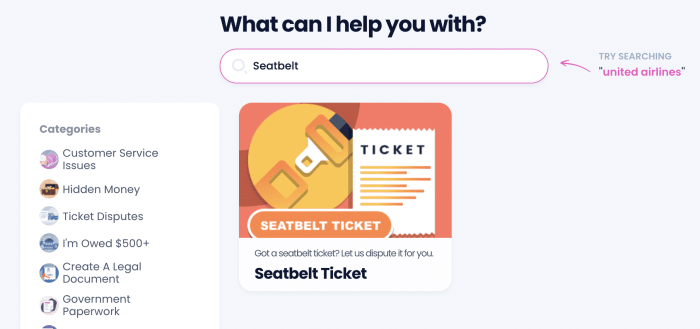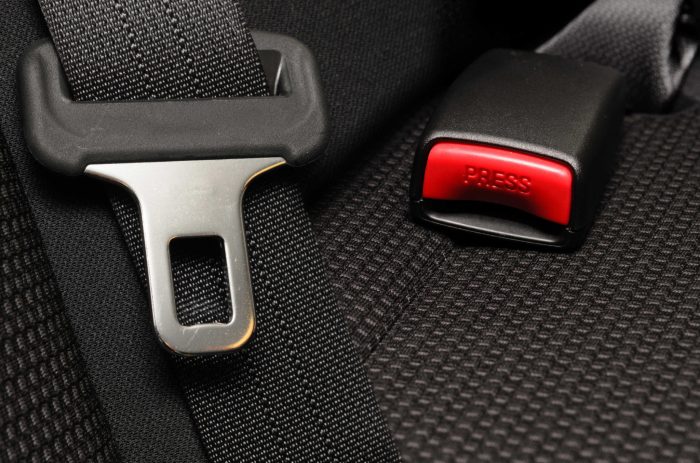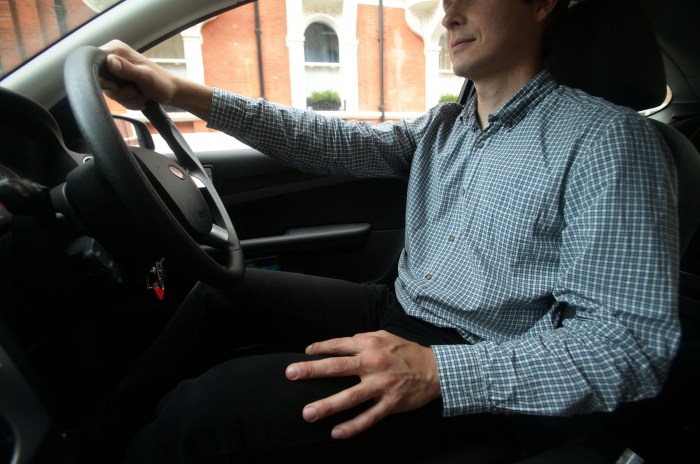The top excuse for not wearing a seatbelt is a pervasive issue that poses a significant threat to road safety. This excuse, often rooted in misconceptions and complacency, has dire consequences, contributing to countless preventable injuries and fatalities on our roads.
In this article, we delve into the depths of this excuse, exploring the demographics, psychology, and societal factors that perpetuate it, while emphasizing the paramount importance of seatbelt use for preserving life and well-being.
Statistics reveal that the most common excuses for not wearing a seatbelt include discomfort, inconvenience, and forgetfulness. These excuses are prevalent among young drivers, particularly males, and individuals with certain personality traits such as sensation-seeking and risk-taking tendencies.
Top Reasons for Not Wearing a Seatbelt: The Top Excuse For Not Wearing A Seatbelt Is

The top excuses for not wearing a seatbelt are discomfort, inconvenience, and forgetting. These excuses are more common among younger drivers and passengers, as well as those who are male.
Psychological factors behind these excuses include a sense of invulnerability, a desire to feel free and unrestrained, and a lack of awareness of the risks associated with not wearing a seatbelt.
Dangers of Not Wearing a Seatbelt
Not wearing a seatbelt significantly increases the risk of injury and death in a car crash. Unrestrained occupants are more likely to be ejected from the vehicle, which can lead to severe head and spinal injuries.
Seatbelts reduce the forces acting on the body during a collision by distributing them over a wider area. This helps to prevent serious injuries such as broken bones, internal bleeding, and traumatic brain injuries.
Overcoming Excuses for Not Wearing a Seatbelt, The top excuse for not wearing a seatbelt is
To overcome the excuses for not wearing a seatbelt, it is important to address the underlying psychological factors and provide practical solutions.
- Discomfort:Make seatbelts more comfortable by adjusting them properly and using seatbelt pads.
- Inconvenience:Set reminders to buckle up and make it a habit to always fasten your seatbelt before starting the car.
- Forgetting:Create a positive mindset towards seatbelt use by focusing on the benefits and reminding yourself of the risks of not wearing one.
Legal and Financial Consequences of Not Wearing a Seatbelt
In most jurisdictions, it is illegal to not wear a seatbelt. Violators may face fines, points on their driving record, and increased insurance premiums.
In addition, not wearing a seatbelt can have significant financial consequences in the event of a crash. Unrestrained occupants are more likely to suffer serious injuries, which can lead to higher medical expenses, lost wages, and other costs.
Social and Cultural Factors Influencing Seatbelt Use
Social norms and cultural beliefs play a role in shaping attitudes towards seatbelt use. In some cultures, not wearing a seatbelt is seen as a sign of independence and freedom, while in others it is considered a responsible behavior.
Peer pressure and media campaigns can also influence seatbelt wearing behavior. People are more likely to wear a seatbelt if they see others doing it or if they are exposed to positive messages about seatbelt use.
Technological Advancements and Seatbelt Safety
Technological advancements have significantly improved seatbelt safety. Airbags, seatbelt pretensioners, and other features work together to reduce the risk of injury in a crash.
Future technologies, such as automatic seatbelt tightening systems and advanced sensors, have the potential to further enhance seatbelt effectiveness and reduce the number of injuries and fatalities in car crashes.
FAQ Corner
What are the legal consequences of not wearing a seatbelt?
In many jurisdictions, not wearing a seatbelt is a traffic violation that carries fines and demerit points.
How do seatbelts reduce the risk of injury in a crash?
Seatbelts restrain the body during a collision, preventing it from being thrown forward and reducing the likelihood of severe injuries.
What are the benefits of seatbelt use for society as a whole?
Seatbelt use reduces healthcare costs associated with crash injuries, improves traffic safety, and saves lives.

